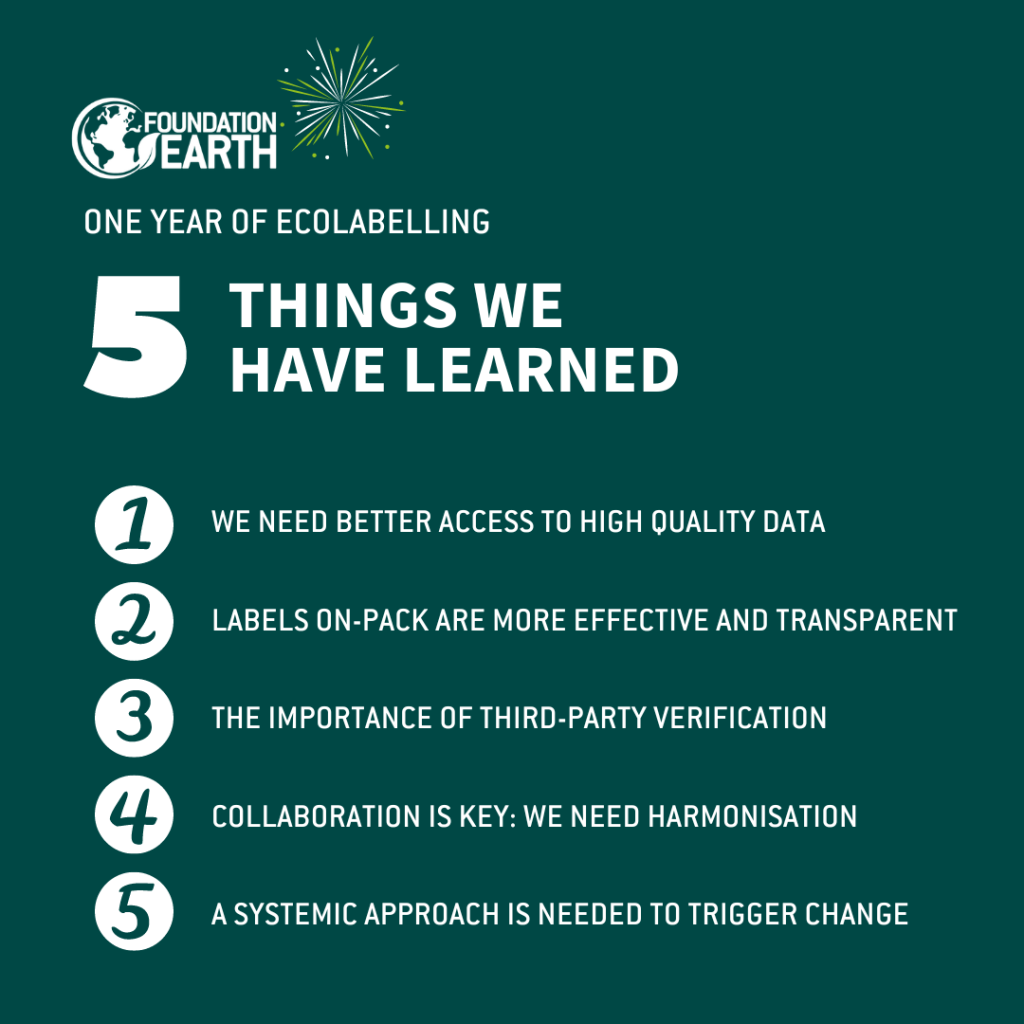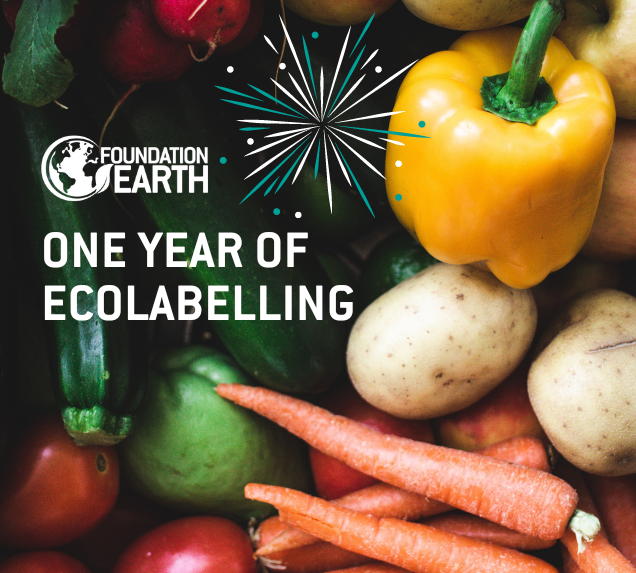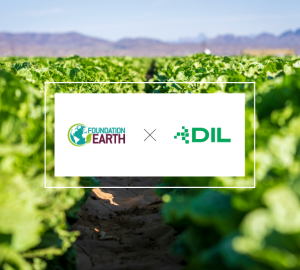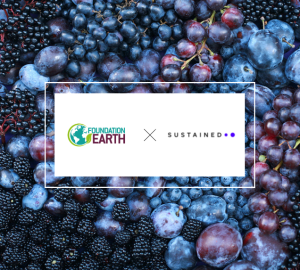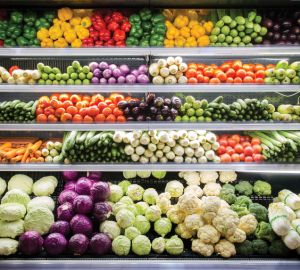It’s a big moment for us here at Foundation Earth: one year since we have been rolling out our ecolabels, driving our mission towards increased transparency in the food sector. On this occasion we have taken a step back to look at all the work we have done with our committed partners.
So, what have we learned over the last year of ecolabelling at Foundation Earth?
- We need better access to high quality data
One of the key challenges when assessing the environmental impact of food products is access to high quality data. This is difficult not only because of the time it takes to effectively map and engage a supply chain, but also because there is a lack of incentive to contribute to data transparency. Foundation Earth is focused on building incentives into the supply chain for increased transparency and more accurate product Life Cycle Assessment.
- Environmental impact assessments won’t cut it – citizens need labels on-pack
Putting labels on pack is the ultimate way to be transparent with consumers. That doesn’t mean putting the onus on them, but providing them with accurate, credible and trustworthy information so they can make informed decisions. To stimulate changes in consumer behavioural, we most account for every stage of a product’s life cycle, transparently to avoid greenwashing.
- Third-party, independent verification provides credibility to consumers
There is a lot of confusing information out there, and people who want to take action often find it hard to do so. How do you truly assess the environmental impact of a product? Where is the data coming from and how accurate is it? Who is driving the score? This is why consumers demand that an independent organisation provides the trustworthy information shown on on-pack labelling.
- Collaboration is key: driving harmonisation
There are many existing environmental labelling schemes, different methods, and various ways of communicating. If we want to have real impact, we need to come together to share learnings and work towards a single system and method to avoid confusion with consumers and businesses alike.
- Going beyond labels: transforming entire systems
Eco Impact labels are just one part of the puzzle and can act as a lever to transform the entire system. Our food systems are complex: focusing on single-point interventions only leads to trade-offs and lower impact. That’s why we are adopting a holistic approach involving not just business but academia, technology experts, citizens and policy makers, so we can enact the change together.
